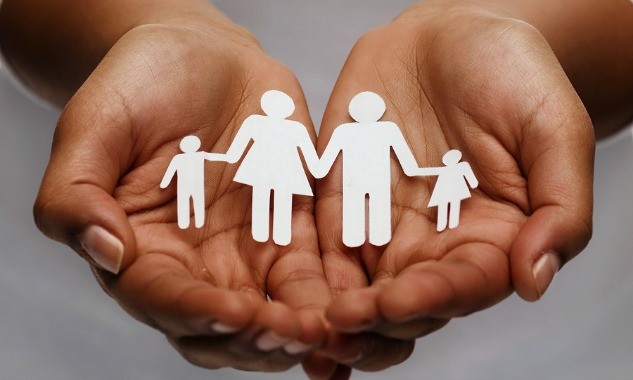Featured
Clarity & Charity
We often see people looking for help, and we usually have different behaviors about it.
Probably the basic question is: why should I help others? In general helping others is always appropriate, regardless of the situation.But the answer is not so obvious, as there are multiple situations where helping could take different forms and trigger different reactions.
Sometimes we find out that helping others was not the best choice. For instance, we love animals but we don't serve breakfast to the tiger especially if she's hungry, right? This means that we think twice before helping others. Would you help someone who doesn't deserve it? Who 'define' who's deserving and who's not? Would you help a terrorist that has been injured, and is preparing his final attack? If you deny him help, would that be bad? If you do help him, are you bad? I think nobody can really answer this for you. The Indian culture gives us a clue on how to behave in general. Dharma (the universal law of right conduct) says that in relative terms, the right conduct is everything that can reduce other's suffering. There are other reasons why we should help others, and if we can't, at least we should try not to harm them.
Scientists have been studying a phenomenon called "helper's high": helping others releases endorphins which, in turn, improves mood and boosts self-esteem. In short, helping others feels good. It's possible that helping others does more for the happiness of the person helping than the person who receives the help. Helping others isn't a one way street where you do something good for someone and then you both go about your way. When you've touched someone's life in a positive way, you feel connected to them; it's a bonding experience. It builds trust through cooperation which not only brings them closer to you, it brings you closer to them. It may seem strange, but helping others doesn't add more stress to your life, it actually helps us manage stress better.
In one study, college students took an immersion trip where they helped the poor. Those who took this trip were assessed months later and were found to manage stress and adversity much better than their peers. Why is that? It's about perspective. By looking at the challenges of others' lives, you can take that point of view into your own. It makes you more accepting of the stress and hardships we all have to face. Sometimes we lose that perspective in a culture obsessed with celebrities living glorified lives, seemingly carefree. But helping others takes us back to reality by reminding ourselves that most people struggle – and that it's ok if we do too.
There are many factors to think about when trying to find a satisfying career: autonomy, creative freedom and meaning are a few examples. But one of the biggest things to consider is how your work impacts others.
People who work as a medical professional, psychologist, religious figure or firefighter often give high ratings of job satisfaction. The connection between all of these professions is that they all help people on a regular basis. Those who are happiest in their job, more committed and less likely to quit make it a priority to help others – either co-workers or customers. Even if your job doesn't deal with people directly, it can help to think about how your work helps people in some way.
What's the goal of a business? One answer might be making money by selling a product or service. Yes, that's true. But I'd take it a step further: businesses make money by finding ways to help people. The Agile revolution is based on that. In Agile we put people first, and we aim to develop qualities like Respect, Transparency and Tolerance who help building better and stronger Teams.
If you want to live longer, be a giver. At least that's the conclusion of a huge study on volunteer work. The link between better health and helping others is striking.
It lowers rates of depression and puts you in a better mood.
It lowers your risk of dying by at least 22%.
It's good for your mental health.
According to the Indian culture, in a society based on prevention rather than retaliation, we would only have very few criminals, and those would be considered mentally ill and brought to hospitals, rather than in prison.
Eventually, from a spiritual perspective, by helping others we help ourselves, because there are no others. The person is just a product of imagination, mentally created, and beyond the mind, everything is one. Practicing the 5 Human Values and volunteering is a powerful way to clean up our mind so that we can investigate our inner nature, and reject the contradictions created by our mind.
http://dosomethingcool.net/helping-others-life/
https://www.actionforhappiness.org/10-keys-to-happier-living/do-things-for-others/details

